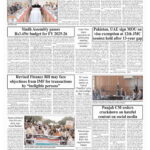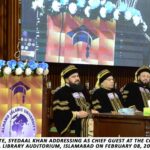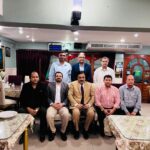By: MUHAMMAD IRFAN SIDDIQUI
In the metropolis city of Karachi, District East stands out as a hub of cultural richness and educational excellence. This vibrant district, characterized by its dynamic middle-class community, has long been a cornerstone of Karachi’s social and economic landscape. At the helm of its security and public safety initiatives is Senior Superintendent of Police (SSP) Dr. Farrukh Raza, whose visionary leadership has ushered in a new era of progressive policing.



A Leader with a Vision
Dr. Farrukh Raza’s appointment as SSP of District East was met with optimism and high expectations. His extensive background in law enforcement, combined with a forward-thinking approach, positioned him uniquely to address the district’s evolving challenges. Recognizing the intrinsic link between public trust and effective policing, Dr. Raza embarked on a mission to transform the traditional policing model into one that is community-centric and transparent.
Initiating the Model Police Station
One of Dr. Raza’s most commendable initiatives is the establishment of the Model Police Station in District East. This concept aims to redefine the conventional image of police stations by creating environments that are not only centers of law enforcement but also symbols of public service and community engagement.
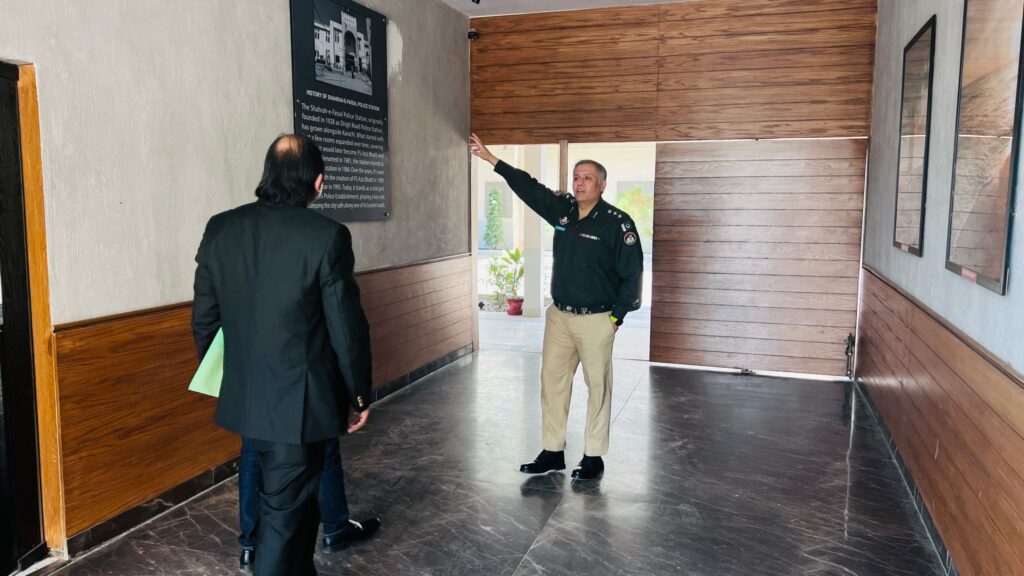
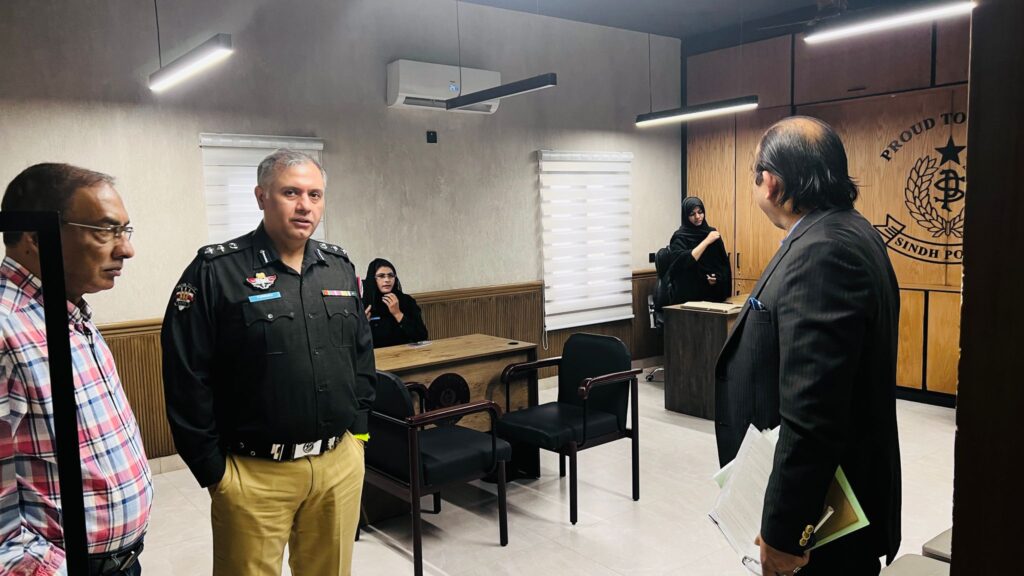
The Model Police Station under Dr. Raza’s guidance incorporates several key features:
• Citizen-Friendly Infrastructure: The station’s design emphasizes accessibility and comfort, ensuring that citizens feel welcome and respected when they visit. Waiting areas are equipped with necessary amenities, and clear signage guides visitors efficiently.
• Efficient Complaint Resolution: A streamlined process has been implemented to handle complaints promptly. Dedicated officers are assigned to assist citizens, reducing wait times and ensuring that grievances are addressed with the urgency they deserve.
• Transparency and Accountability: To build public trust, the station operates with a high degree of transparency. Regular audits and community oversight committees have been established to monitor police activities and ensure accountability.
• Community Outreach Programs: Recognizing the importance of community collaboration, the station hosts regular workshops and seminars on topics such as crime prevention, self-defense, and legal awareness. These programs aim to empower citizens and foster a cooperative relationship between the police and the community.


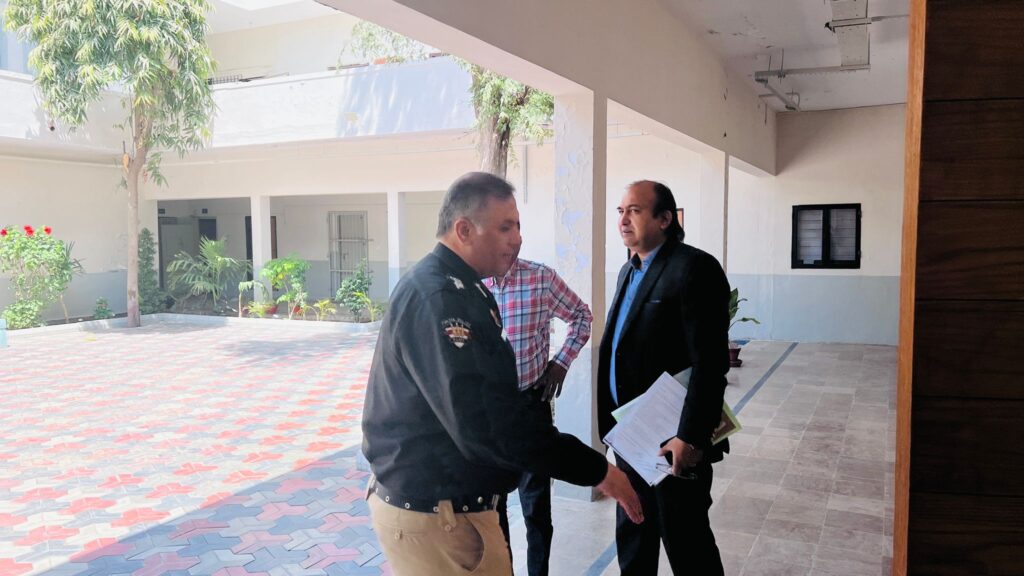
Impact on Community Relations
The introduction of the Model Police Station has had a profound impact on community relations in District East. Residents now view the police force not merely as enforcers of the law but as partners in ensuring public safety and well-being. This paradigm shift has led to increased cooperation from the public, resulting in more effective crime prevention and resolution.
Holistic Approach to Policing
Dr. Raza’s strategy extends beyond the physical infrastructure of police stations. He has been instrumental in promoting a holistic approach to policing that includes:
• Training and Development: Officers are regularly trained in areas such as conflict resolution, cultural sensitivity, and community engagement. This continuous professional development ensures that the police force is equipped to handle the diverse needs of the community.
• Use of Technology: Embracing modern technology, the police force under Dr. Raza’s leadership has adopted digital tools for crime mapping, data analysis, and communication. These advancements have enhanced operational efficiency and responsiveness.
• Collaborative Efforts: Dr. Raza has fostered partnerships with local organizations, educational institutions, and businesses to create a united front against crime. These collaborations have led to community-driven initiatives that address the root causes of criminal behavior.

Challenges and Resilience
Despite the successes, the journey has not been without challenges. District East, like many urban areas, faces issues such as resource constraints, diverse demographics, and socio-economic disparities. However, Dr. Raza’s resilience and adaptive leadership have been pivotal in navigating these obstacles. His ability to inspire his team and the community has been a driving force in the district’s progress.



Recognition and Future Aspirations
Dr. Farrukh Raza’s efforts have not gone unnoticed. His innovative approach to policing has garnered recognition both locally and nationally. As he continues to lead with integrity and vision, there is a collective hope that the principles of the Model Police Station will be replicated across other districts, setting a new standard for law enforcement in Pakistan.
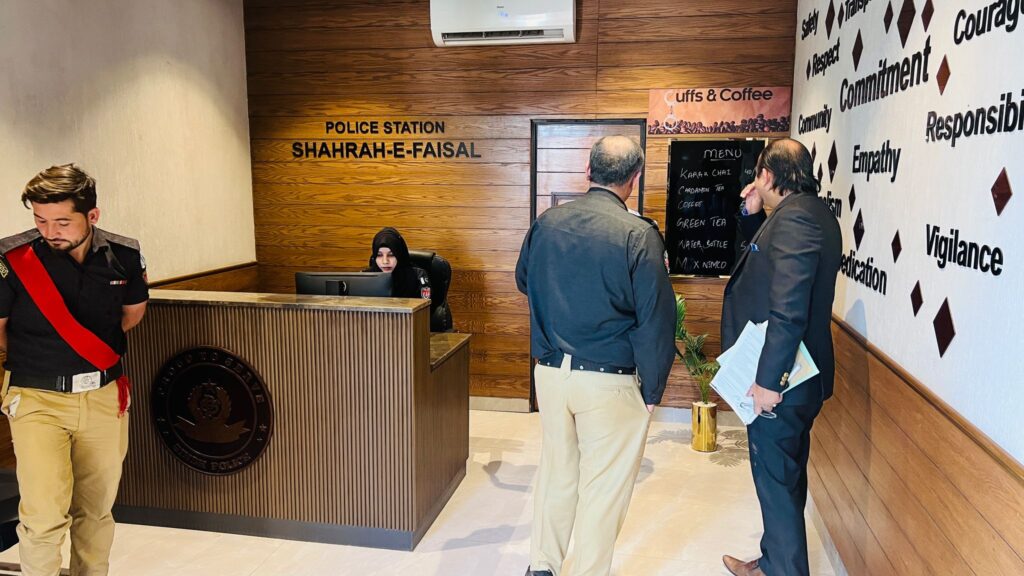

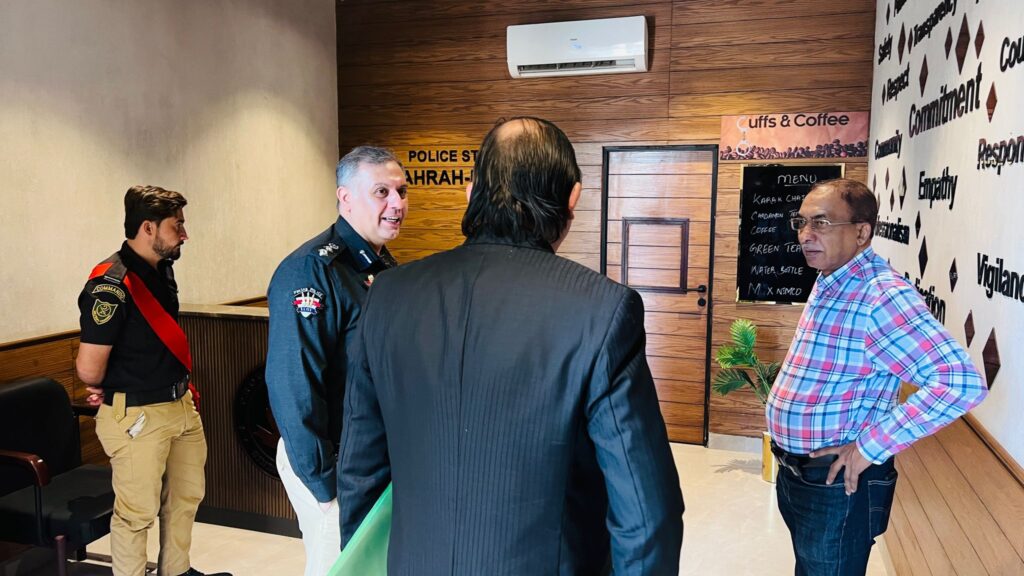
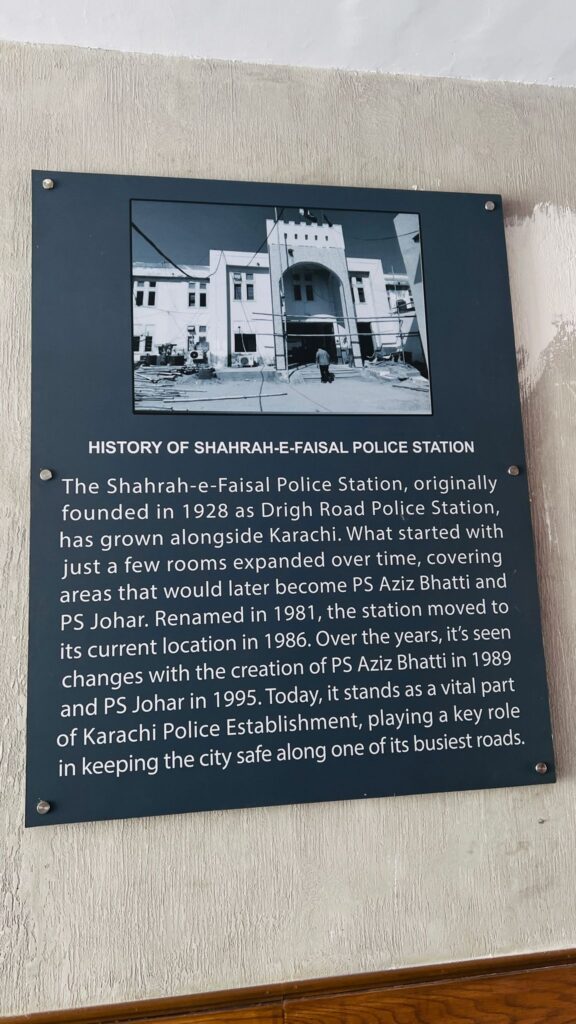
Conclusion
In an era where the role of law enforcement is continually evolving, leaders like Dr. Farrukh Raza exemplify the positive impact of progressive and community-focused policing. Through initiatives like the Model Police Station, he has transformed District East into a beacon of safety, trust, and collaboration. As Karachi continues to grow and change, the foundations laid by Dr. Raza’s leadership will undoubtedly contribute to a more secure and harmonious society.






